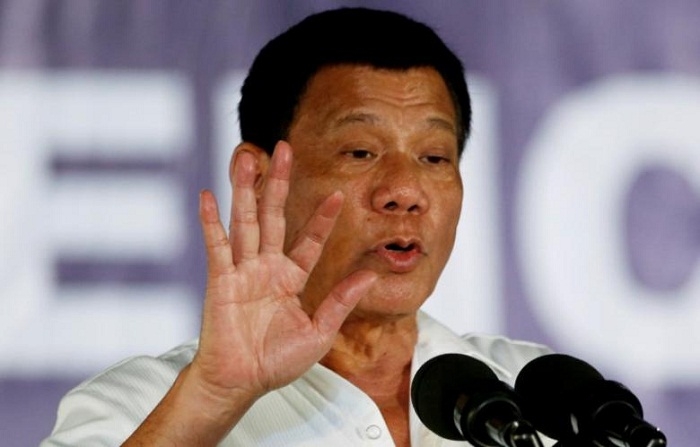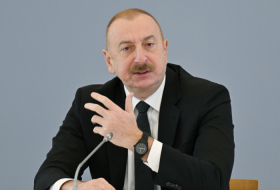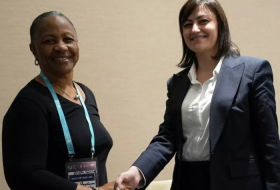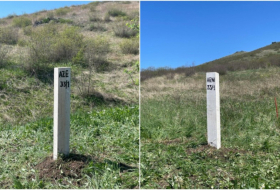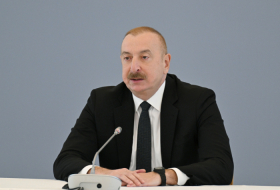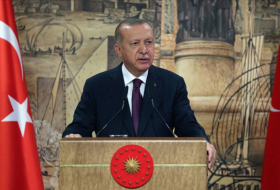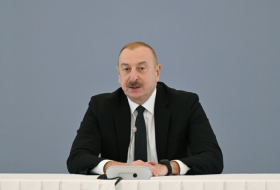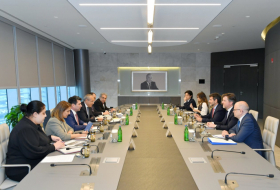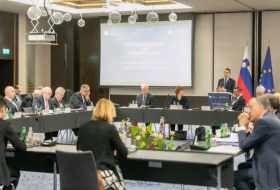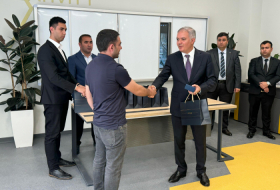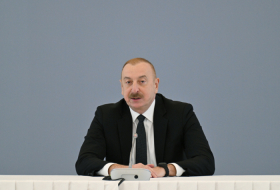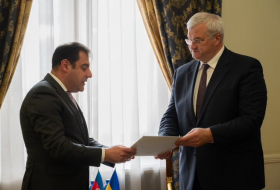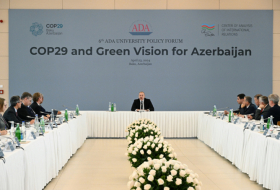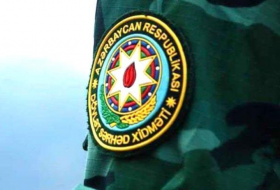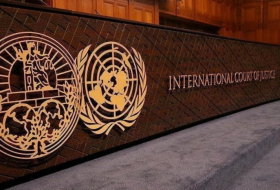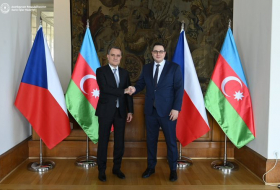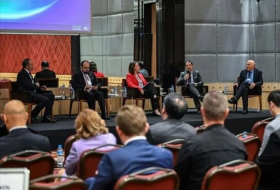A report submitted to the ICC last year laid out evidence that Duterte had been directly responsible for “extrajudicial executions and mass murder” over three decades since he began his war on drugs as mayor of Davao in 1988.
According to official statistics, 4,000 people have been killed by the police in anti-drug operations since Duterte became president. However, the 77-page report submitted by a Philippine lawyer, Jude Sabio, alleged the death toll was over 8,000.
Gary Alejano, an opposition politician who tried to get Duterte impeached last year and submitted evidence to the ICC as part of the complaint, said the ICC move was an affirmation that their claims against Duterte had legitimacy, and offered “a ray of hope for the victims of his war on drugs, which is still ongoing right now”.
He said: “In this country, people are at a loss where to go if members of your family feel victim to the war on drugs. They cannot go to police because they are involved, they cannot go to the department of justice because the secretary will say there’s no such thing as extrajudicial killing. And when we request an investigation from the House of Representatives, we can not get an impartial hearing because they are covering up for the president. There is a clear and blatant violation of the rule of law in the Philippines right now, and so the ICC are the only ones who can step in.”
Alejano said he believed they had a “strong case, if we are given the opportunity to be heard.”
The ICC investigation into the allegations is only preliminary. Duterte’s spokesperson, Harry Roque, described it as a “waste of the court’s time and resources”, stressing that many of the allegations predated the Philippines becoming a part of the ICC in 2011, and therefore could not be considered.
He said continuing with the investigation would undermine the sovereignty of the Philippines “because the domestic courts are functioning and willing to entertain this matter … and the alleged deaths, if true, were because of a legitimate police exercise.”
Roque alleged that “domestic enemies” were behind the complaint and said Duterte was prepared to go on trial and defend his actions, though he was “confident that the ICC will not proceed”.
“He’s sick and tried of being accused. He wants to be in court and put the prosecutor on the stand,” Roque said.
Since becoming president in 2016, Duterte has authorised police to violently crack down on illegal drug use, urging them to kill suspects and promising to protect them from prosecution. His abrasive tongue and brutal methods have kept him popular in the Philippines, where he enjoys high approval ratings and legislative support.
He maintains that the thousands who died were suspects who resisted arrest, but human rights groups and political opponents allege that many murders have been carried out and covered up.
When he was mayor of Davao, Duterte’s crackdown on criminals was often carried out by vigilante groups, known as death squads, allegedly with his approval. The thousands of deaths that occurred in Davao are also part of the complaint filed to the ICC.
Duterte’s war on drugs leaves tragic legacy for Filipino families – in pictures
Duterte is notorious for his dislike of the ICC, calling it “bullshit”, “hypocritical” and “useless”, and he has threatened to withdraw his country’s membership multiple times, even daring the court to bring him to trial.
Human Rights Watch, which has been calling for an independent international investigation into Duterte’s war on drugs, welcomed the ICC’s move. Phil Robertson, a deputy director in its Asia division, said the ICC “absolutely should initiate a full investigation into these alleged crimes because to date there has been no serious attempt to investigate them by the Philippines police or prosecutors, much less take suspected killers to court.”
The ICC defines crimes against humanity as “serious violations committed as part of a large-scale attack against any civilian population”. Since it was established in 2002, the court in The Hague has received more than 12,000 complaints or communications, and nine cases have gone to trial.
More about: #Duterte








